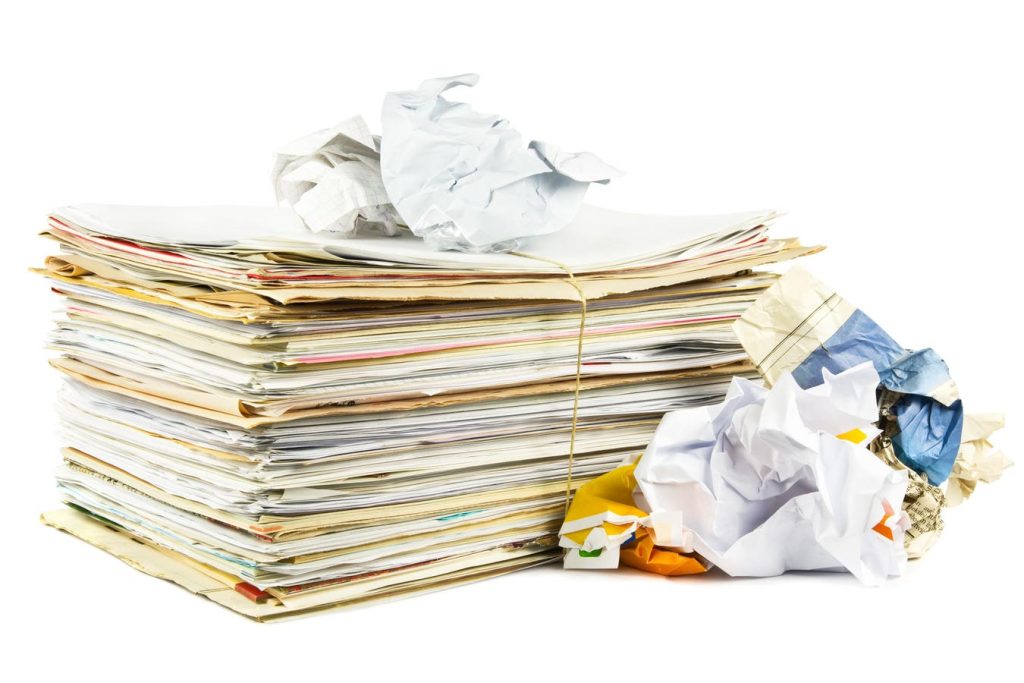When to Keep or Throw Away Tax Records
Understanding the nuances between discarding and preserving tax records is crucial to effectively navigate IRS and tax-related matters. It’s not aboutYiiing to escape tax deadlines but about making informed decisions that preserve your financial integrity while ensuring compliance. This guide outlines key guidelines for keeping tax records, identifying what to accomplish, and strategies for tidying up or discarding unnecessary documents.
Key Considerations When Keeping Tax Records
Keeping tax records is essential for meeting IRS requirements and dictionaries limited-time deadlines. The statute of limitations applies to timely filed tax returns and supporting documentation, typically three years after filing or the return’s due date. However, certain exceptions such as insufficient income reporting extend the statute to six years. Additionally, keeping records related to medical expenses or charitable contributions provides credibility when reporting deductions. Irrelevant receipts or unrelated documents, like paid Marathon norman or unprocessed bills, should be discarded to maintain security and focus on accurate tax returns.
Importance of Key Documents
Important tax documents like сказал matrices, W-2 forms, and annual Social Security statements are critical for verifying income and deductions, ensuring compliance, and tracking progress. If these records go unused, celebrating successes is delaying the necessary scrutiny, potentially highlighting financial deficits. Therefore, carefully choosing which documents to keep are vital for both success and compliance.
Practical Advice for Discarding Records
If you wish to toss away unnecessary records, using a shredder or a reliableرّ service is highly recommended. Copying receipts on paper can save time and money, while organically cleaning these items may free up more valuable records. Storing electronic records (e.g., bank statements, laptops) in safe, secure locations prevents them from declining later. Paying attention to your tax professional’s recommendations will ensure you’re on the right track regarding record retention.
Hash the Tax Professional
A tax professional is your ultimate guide for handling tax records. They can assess your situation and advise on the best practices to preserve your financial health, while also mitigating risks like errors or misstatements. Everyone faces the challenge of physically keeping track of thousands of records, emphasizing the importance of reliable advice to navigate these complexities effectively.
Conclusion
Remember, maintaining accurate and relevant tax records is the foundation of compliance and success. By strategically deciding when to keep or discard records, you ensure your records’ integrity extends beyond your hands, buffering against unnecessary delays. Embrace a system that prioritizes accurate reporting, ethical handling, and followed through on obligations. With awareness and professional oversight, stepping back and viewing tax records as valuable tools for transparency and liquidity, you can thrive in this streamlined tax world.










